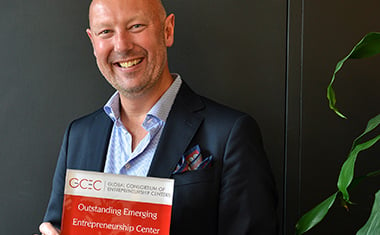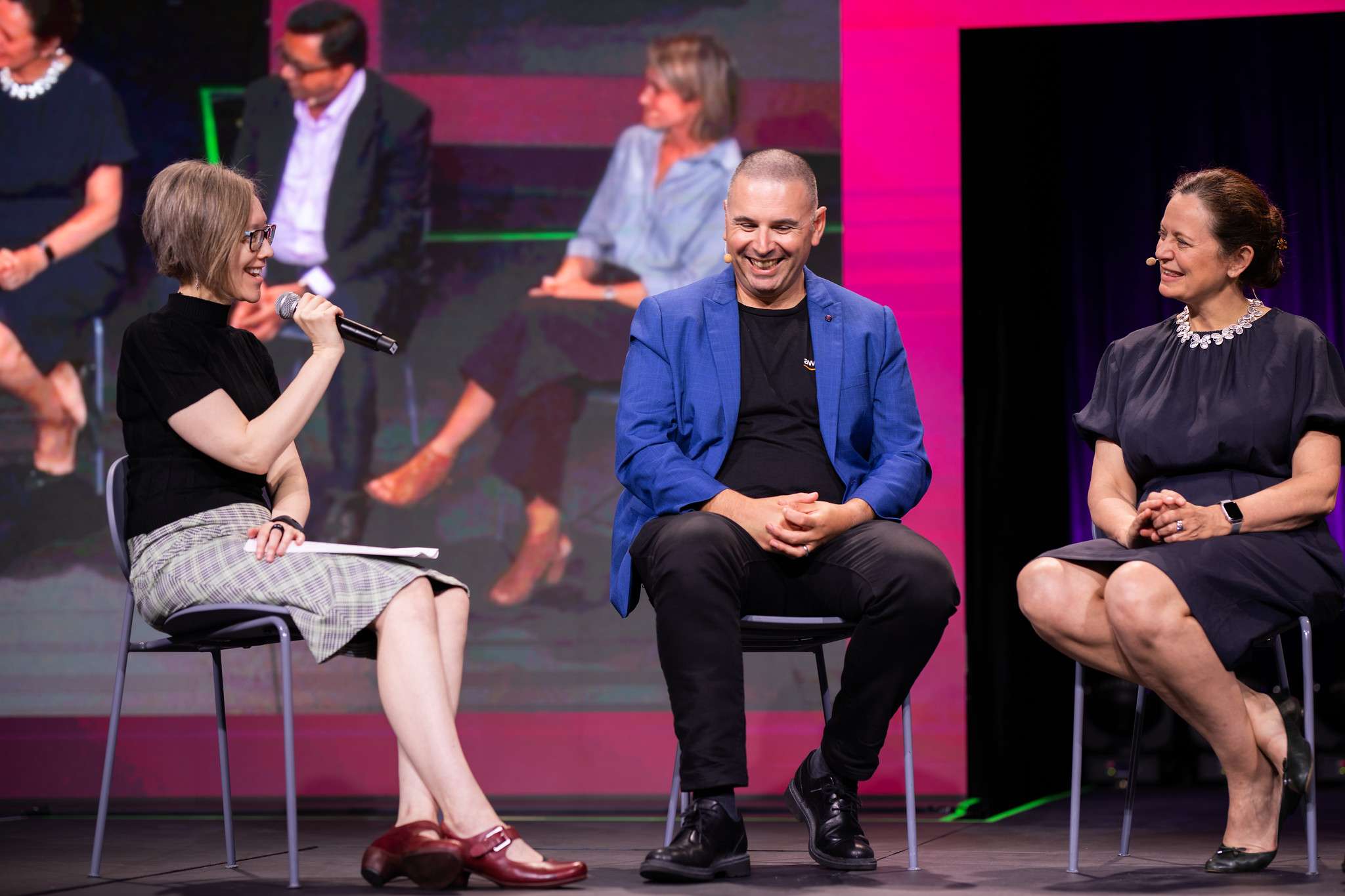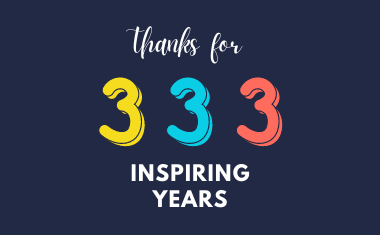Stories
Big ideas at CEBIT Australia
We are living through a fundamental transformation in the way we work, and the pace of this change is only accelerating. So how do we prepare the next generation—school students as well as university and TAFE graduates—for a future that few of us can define, shaped by global megatrends and technological innovation on an unimaginable scale?
At CEBIT Australia 2019, an expert panel led by our CEO Dr Sarah Jones tackled these big questions, looking at the role that educational institutions, government, industry and individuals can play in building future-of-work capabilities and helping students to develop the skills necessary to thrive in a perpetually changing global landscape.
Here are some of the key takeaways.
The skills employers want are changing
“You can have the best tech skills in the world but if you don’t have the people skills, you won’t survive” – Jay Patel, NAB.
As technology advances, the panel agreed that technical skills in data analytics, coding, machine learning and cloud architecture remain in high demand.
According to Helen Souness from RMIT Online, industry partners are increasingly telling universities that graduates lack the ability to communicate data, visualise it and drive strategy using the insights.
Kristi Knaack Riordan from WeWork’s Flatiron School echoed similar sentiments, citing a recent study of Chief Technology Officers in Melbourne, which demonstrated that half of the employers surveyed thought graduates did not have the skills they needed for day-to-day tasks.
What did they lack? The so-called ‘C skills’: communication, collaboration, critical thinking and creativity.
New models are emerging to bridge the gap
“Industry has a huge role to play. It’s incumbent on us to not just think [that graduates are] coming down from the sky knowing exactly how to do everything.” – Simon Elisha, Amazon Web Services.
Unsurprisingly, there’s no silver bullet to help bridge the skills gap among graduates or to help retrain employees within their existing organisations. But new programs are springing up and gaining traction.
RMIT Online partners with industry to provide courses credentialing the human skills that employers are demanding. And with over 40,000 courses taken so far, student interest has been strong.
Yet only about 60% are downloading the final badge after completion to demonstrate their skills online. “We’re building a new currency of credentials so it will take a while to be recognised,” Souness said. “But we’re seeing promising signs that the ecosystem will support it.”
Jay Patel described the ‘digital learning stack’ they have built at NAB, where you can learn everything from playing the drums to how to code in Python.
With people from a diverse range of teams at NAB picking up new skills across disciplines, Patel believes a model like this could replace traditional models of learning. “Do we actually need a curriculum when we have such a broad range of options available?” he asked.
 It’s all about talent
It’s all about talent
“Companies are going to need so much talent in such a short period of time that they need to create pathways.” – Kristi Knaack Riordan (The Flatiron School)
Technical certifications are not new but companies like Amazon are finding new, user-friendly ways to deliver them and attract talent. AWS Educate, which focuses on practical application of skills within the AWS platform, offers badges, accreditation and a jobs board that matches applicants with open roles based on what they’ve achieved. Hundreds of thousands have used the program worldwide.
WeWork’s Flatiron School are so confident in their ability to give students job-ready skills that they offer a tuition-back guarantee if graduates can’t find a job within six months of completing a course.
Riordan thinks the next stage is a potential apprenticeship model, where an independent body (like a guild or industry association) could guide the development of certifications for skills that aren’t unique to individual platforms, like coding languages. The major challenge, of course, is keeping the certifications up-to-date, given how quickly technology is changing.
But even as the market shifts, universities and TAFE will continue to play a vital role in providing talent. Souness was quick to point out that 86% of Australian university graduates are employed within four months of graduating. And the unemployment rate for those with a Bachelor’s degree or higher is only 3%, compared to 8% for those without one.

We’ve had the School of the Air forever and we’ve always prized that as an Australian thing. I think we need to double down on that.
Regional challenges and opportunities
When asked about the challenges for regional innovation, the panel was overwhelmingly positive about the outlook for those living outside major metro areas.
Around 20% of RMIT Online students come from outside metro areas with a full 60% from outside of Melbourne, according to Souness. She said one of the best bits of her job was seeing the diverse communities that were being created on her online platforms.
Elisha and Riordan both encouraged further investment from across the sector, including government, in ensuring that Australia was leading the way, building on the strong Australian legacy of distance learning.
“Everyone has a role to play in this. We need to do a better job of branding to help people in regional areas understand what these jobs are actually like. We need to do better outreach. We need alternative approaches,” said Riordan.
Learning for life
According to Souness, 60% of the Australian workforce are not thinking about reskilling in any way. And with the roles, skills and jobs of tomorrow being created every day, this should be a major concern.
Being prepared for the future is about more than just technical know-how, Jones commented; learning new ways to think is as important as learning new things, if not more so. And this is a life-long endeavour.
Patel noted that NAB cares as much about an individual’s ability and desire to learn as the skills they currently have. He remains committed to ensuring that learning, both formal and informal, doesn’t stop the moment we walk out of the gates at university or TAFE. It was a theme echoed by all panellists.
This may be the biggest takeaway for individuals from the CEBIT Australia panel. Passion matters. And if you have the drive and desire to follow your passion, the future of work might not be as scary as it can sometimes seem.
Related Stories



